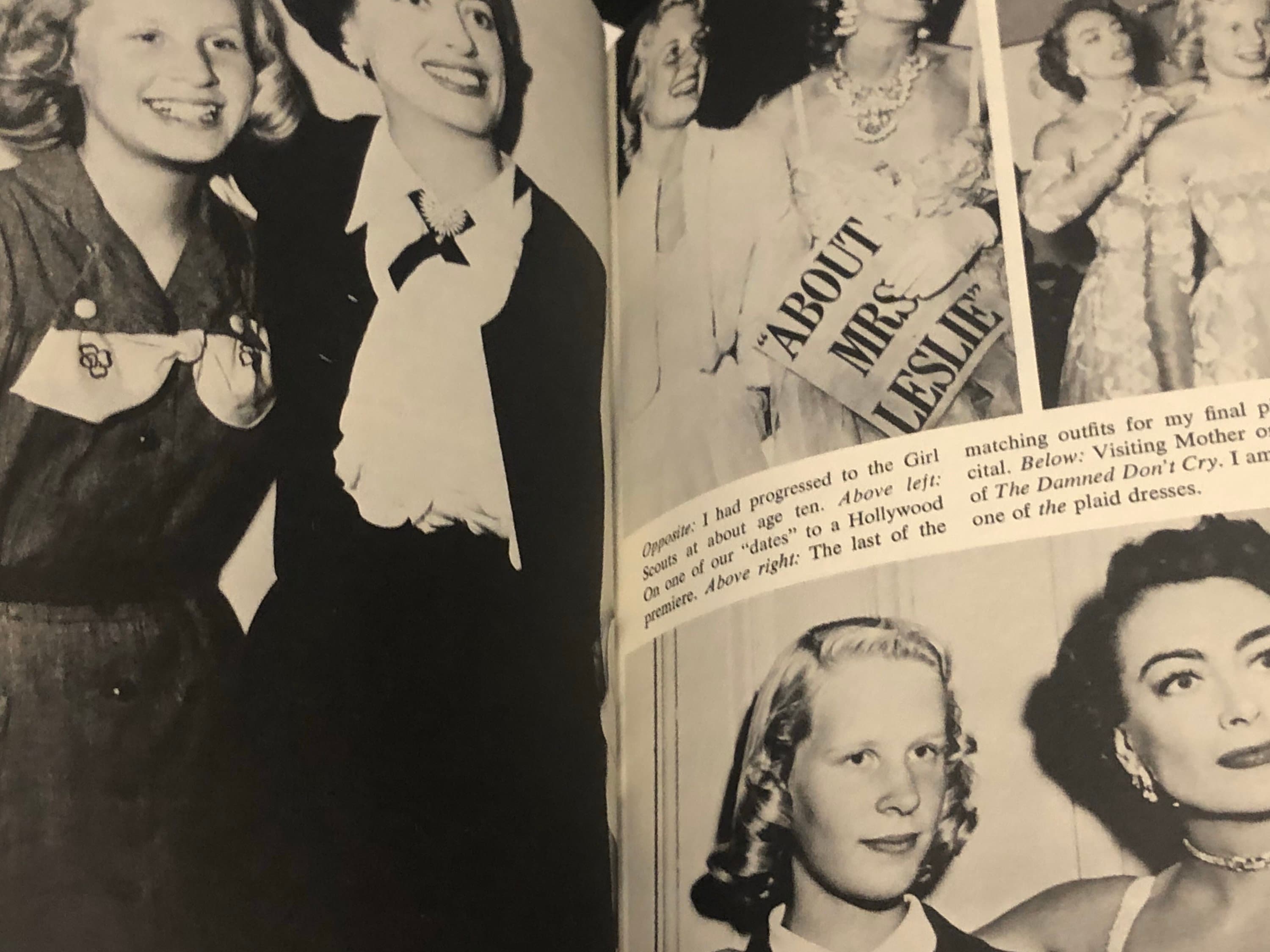
Their paths had crossed several times before Mommie Dearest, which Alda was well aware of and Dunaway was totally oblivious to. They both had worked with some of the great directors of the 1970s-and both had affairs with one of them, Jerry Schatzberg. Luckily, we have a counternarrative: the Mommie Dearest Diary of Rutanya Alda.Īlda was, like Dunaway, a New York method-trained actress. This is where we should probably back up and note that Dunaway’s version of the story of the filming of Mommie Dearest is, much like Christina’s version of Joan, selective in its details and widely disputed. “I had two husbands to deal with,” explained actual producer Yablans: “David driving me crazy that Faye was trying to sanitize Joan, and Terry worried we were pushing Faye too far and creating a monster.” And where Dunaway went, O’Neill went, and according to Dunaway’s account, O’Neill had a very important function: He tried to protect her from a system that saw her performative energy as an infinite resource, even as the performance was physically hurting her.

But neither man was an absentee producer. But there were more Koontzes than Peterses, and these executive producer credits had a reputation for being meaningless. Jon Peters went from being a hairdresser to one of the defining producers of ’80s blockbusters by being Barbra Streisand’s boyfriend in between. Women in Hollywood of the 1970s and early ’80s with something to protect would sometimes use the men in their romantic lives as a kind of strong man.

I should note here that this wasn’t atypical. This blackmail worked, and Mommie Dearest became for Dunaway’s boyfriend, just as it was for Christina’s husband, the sole executive producer credit on a life r ésum é that otherwise included no expertise in the production of movies. And so the film’s start date was delayed because Dunaway refused to report to work until her O’Neill was hired as an executive producer.

And as shooting was supposed to be getting underway in January 1981, Dunaway decided that she, too, needed a man on the credit sheet to protect her own interests. This would be the first and last producer credit for Koontz, but he was clearly there to represent Christina’s interests.

Christina’s then-husband David Koontz had been hired as an executive producer on the movie. Though Dunaway never met Christina, the actress set herself up in opposition to the author. In order to play the part of Joan and remain true to her method, Dunaway needed to empathize with Joan, and Dunaway says that her goal was to restore humanity to the caricature put forth by Christina’s book.


 0 kommentar(er)
0 kommentar(er)
